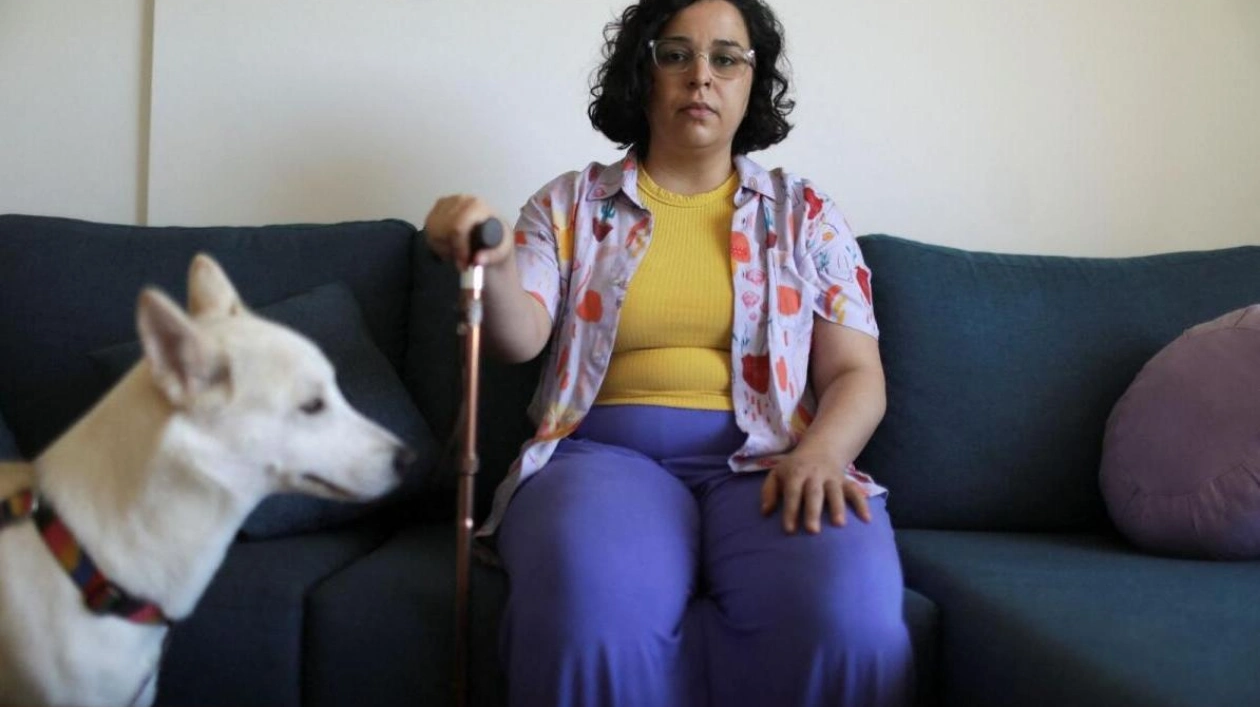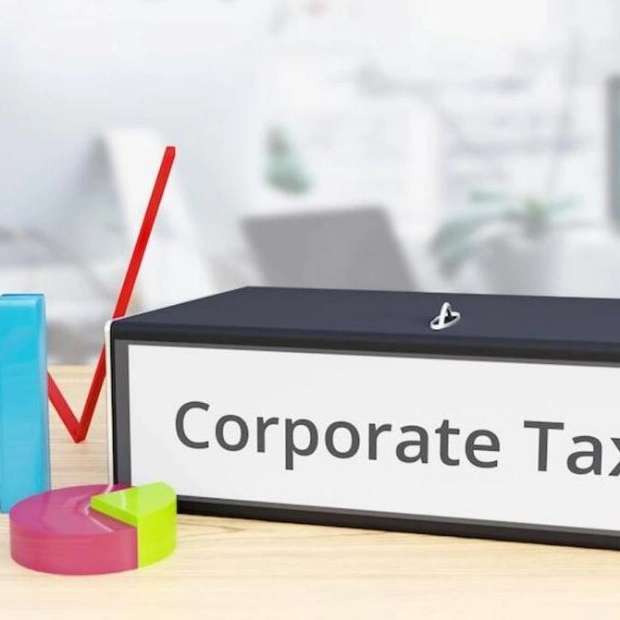Leticia de Souza Soares, who endures pain and health issues due to long Covid, holds a cane while seated at her home in Salvador, Brazil, on December 8, 2023. — Reuters File
Certain phrases are hard for Wachuka Gichohi to hear after four years of living with long Covid, characterized by crippling fatigue, pain, panic attacks, and other severe symptoms that made her fear for her life overnight. Among these are seemingly harmless statements like, 'Feel better soon' or 'Wishing you a quick recovery,' the Kenyan businesswoman said, shaking her head. Gichohi, 41, understands these phrases are meant kindly. 'I think you have to accept, for me, it’s not going to happen.' Recent scientific studies offer new insights into the experiences of millions like Gichohi, suggesting that the longer someone is ill, the lower their chances of a full recovery. The optimal recovery window is within the first six months post-Covid-19, with better odds for those with less severe initial illnesses and those who are vaccinated, according to researchers in the UK and the US. Those whose symptoms persist between six months and two years are less likely to fully recover. For patients struggling for over two years, the chance of a full recovery 'is going to be very slim,' said Manoj Sivan, a professor of rehabilitation medicine at the University of Leeds and co-author of the study published in The Lancet. Sivan suggests this should be termed 'persistent long Covid' and understood similarly to chronic conditions like myalgic encephalomyelitis/chronic fatigue syndrome or fibromyalgia, which can be features of long Covid or risk factors for it. Long Covid, defined as symptoms lasting three months or more after the initial infection, encompasses a range of symptoms from extreme fatigue to brain fog, breathlessness, and joint pain. It can vary from mild to severely disabling, with no proven diagnostic tests or treatments, though scientists have made progress in identifying who is at risk and potential causes. A British study indicated that nearly a third of those reporting symptoms at 12 weeks recovered after 12 months. However, recovery rates are much lower for patients who were hospitalized. In a UK Office for National Statistics study, two million people self-reported long Covid symptoms in March, with roughly 700,000, or 30.6%, saying they first experienced symptoms at least three years prior. Globally, estimates suggest between 65 million and 200 million people have long Covid, meaning between 19.5 million and 60 million could face years of impairment based on initial estimates, according to Sivan. The US and some countries like Germany continue to fund long Covid research. However, more than two dozen experts, patient advocates, and pharmaceutical executives told Reuters that funding and attention for the condition are waning in other wealthy countries traditionally supporting large-scale studies. In low- and middle-income countries, it was never there. 'The attention has shifted,' said Amitava Banerjee, a professor at University College London who co-leads a large trial of repurposed drugs and rehabilitation programs. He argues that long Covid should be viewed as a chronic condition that can be managed to improve patients' lives rather than cured, similar to heart disease or arthritis. Leticia Soares, 39, from northeast Brazil, was infected in 2020 and has since battled intense fatigue and chronic pain. On a good day, she spends five hours out of bed. When she can work, Soares is a co-lead and researcher at Patient-Led Research Collaborative, an advocacy group involved in a recent review of long Covid evidence published in Nature. Soares believes recovery rarely occurs beyond 12 months. Some patients may experience symptom abatement, only for them to recur, a form of remission that can be mistaken for recovery. 'It's so profoundly disabling and isolating. You spend every time wondering, 'Am I going to get worse after this?' she said of her own experience. Soares takes antihistamines and other commonly available treatments to manage daily life. Four long Covid specialist doctors in different countries said they prescribe such medicines, known to be safe, with some evidence suggesting they help. Others have less success with mainstream medicine. Gichohi's illness was dismissed by her doctor, leading her to a functional medicine practitioner focusing on holistic treatments. She moved from her bustling home city of Nairobi to a small town near Mount Kenya, managing her activity levels to prevent fatigue and receiving acupuncture and trauma therapy. She has tried naltrexone, an addiction treatment with some evidence of benefit for long Covid symptoms, and the controversial anti-parasitic drug ivermectin, which she says helped her despite lacking evidence. Gichohi said shifting from 'chasing recovery' to living in her new reality was crucial. A piecemeal treatment approach is expected while research progresses, and perhaps longer-term, said Anita Jain, a long Covid specialist at the World Health Organization. Meanwhile, long-haulers face new challenges with each Covid spike. A handful of studies suggest re-infection can worsen existing long Covid. Shannon Turner, a 39-year-old cabaret singer from Philadelphia, contracted Covid in late March or early April 2020. She already lived with psoriatic arthritis and antiphospholipid antibody syndrome, autoimmune diseases for which she regularly took steroids and immunotherapy. Such conditions may increase the risk of developing long Covid, researchers say. This past summer, Turner got Covid again. She is once again extraordinarily tired and uses a walker for mobility. Turner is determined to pursue her music career despite ongoing pain, dizziness, and a racing heart rate that regularly land her in the hospital. 'I don't want to live my life in bed,' she said.
Source link: https://www.khaleejtimes.com






